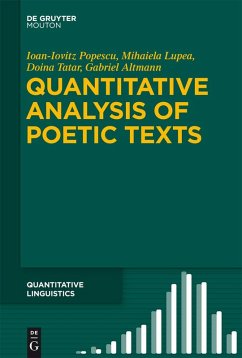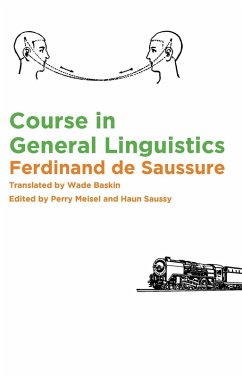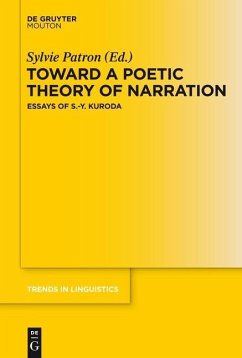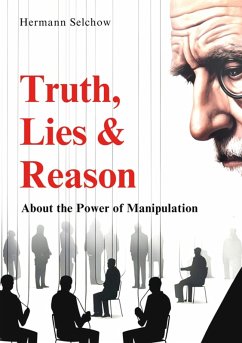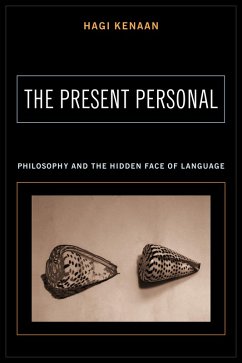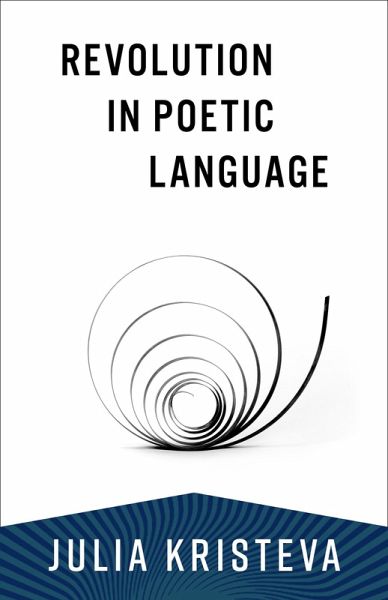
Revolution in Poetic Language (eBook, ePUB)
Versandkostenfrei!
Sofort per Download lieferbar
18,95 €
inkl. MwSt.
Weitere Ausgaben:

PAYBACK Punkte
9 °P sammeln!
In Revolution in Poetic Language, Julia Kristeva explicates her foundational distinction between the semiotic and the symbolic and explores their interrelationships. Linking the psychosomatic to the literary and the literary to a larger political horizon, she questions the premises of linguistic, psychoanalytic, philosophical, and literary theories.
Dieser Download kann aus rechtlichen Gründen nur mit Rechnungsadresse in A, D ausgeliefert werden.





